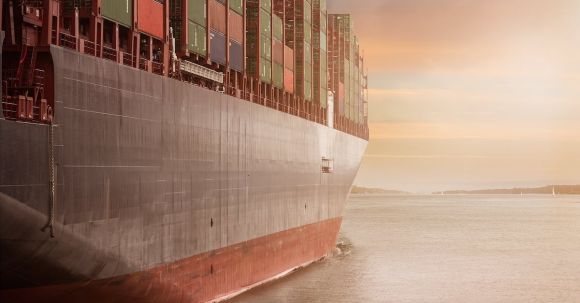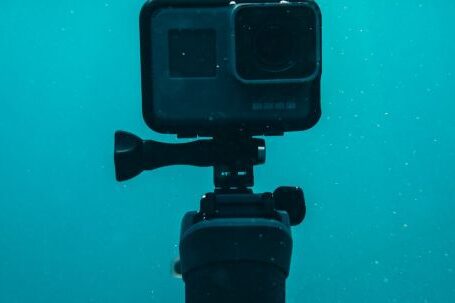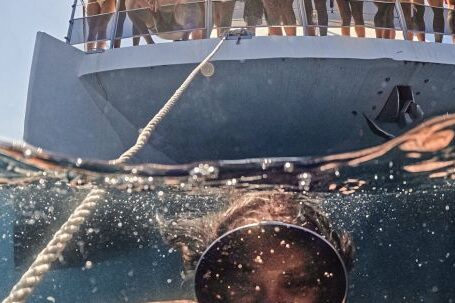Marine conservation is a crucial field that aims to protect and preserve our oceans and all the incredible biodiversity they hold. With the world’s oceans facing numerous threats such as overfishing, pollution, and climate change, it has become more important than ever to focus our efforts on understanding and protecting these fragile ecosystems. In this article, we will explore the key aspects of marine conservation and the actions we can take to ensure the future health of our oceans.
The Importance of Marine Conservation
Our oceans are teeming with life, providing a habitat for countless species, many of which are yet to be discovered. They also play a vital role in regulating our climate by absorbing carbon dioxide and releasing oxygen. Furthermore, oceans contribute to the global economy through industries such as fishing, tourism, and transportation. It is clear that the health of our oceans directly impacts our own well-being and prosperity.
Threats to Marine Ecosystems
Despite their importance, our oceans face numerous threats that put their delicate ecosystems at risk. Overfishing is one of the most significant issues, with many species being caught at unsustainable rates, leading to population declines and even extinction. Pollution from industrial and agricultural activities also poses a significant threat, with harmful chemicals and plastics finding their way into the ocean and impacting marine life. Additionally, climate change is causing rising sea temperatures and acidification, further stressing marine ecosystems.
Conservation Strategies
Thankfully, there are various strategies in place to address these threats and promote marine conservation. One such strategy is the establishment of marine protected areas (MPAs), which are designated areas where human activities are restricted. MPAs allow marine life to thrive and provide a safe haven for endangered species. These areas also serve as valuable research sites, helping scientists better understand the complexities of marine ecosystems.
Another important approach is sustainable fishing practices. By implementing regulations such as catch limits and gear restrictions, we can ensure that fish populations are not depleted beyond their ability to recover. Additionally, promoting responsible seafood consumption can help reduce the demand for overfished species and support sustainable fishing practices.
Addressing pollution is also crucial in marine conservation efforts. Proper waste management systems, including recycling and waste reduction initiatives, can prevent pollutants from entering our oceans. Furthermore, raising awareness about the impacts of single-use plastics and encouraging the use of environmentally friendly alternatives can greatly reduce plastic pollution.
The Role of Individuals
While global initiatives and government policies are essential, individual actions also play a significant role in marine conservation. One of the most impactful ways individuals can contribute is by making sustainable choices in their daily lives. This includes reducing plastic consumption, supporting sustainable seafood options, and participating in beach clean-ups. By making conscious decisions, we can collectively make a difference and help protect our oceans.
Conclusion: Together We Can Make a Difference
Marine conservation is a pressing issue that requires collective action. By understanding the importance of our oceans and the threats they face, we can take steps towards a sustainable future. Whether it is supporting marine protected areas, advocating for sustainable fishing practices, or making conscious choices in our daily lives, every action counts. Let us dive into the heart of marine conservation and work towards a world where our oceans thrive, ensuring a healthy planet for generations to come.





